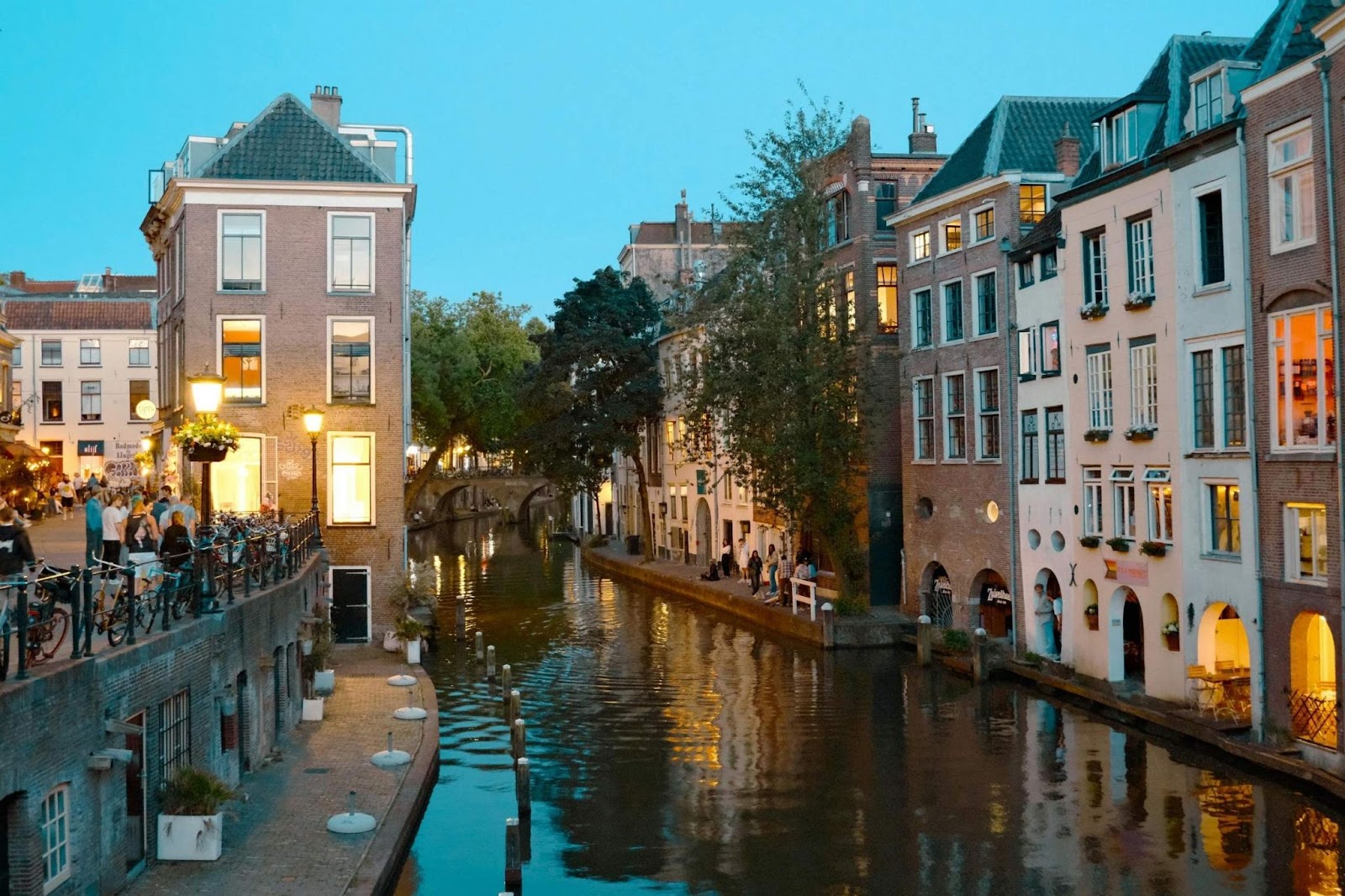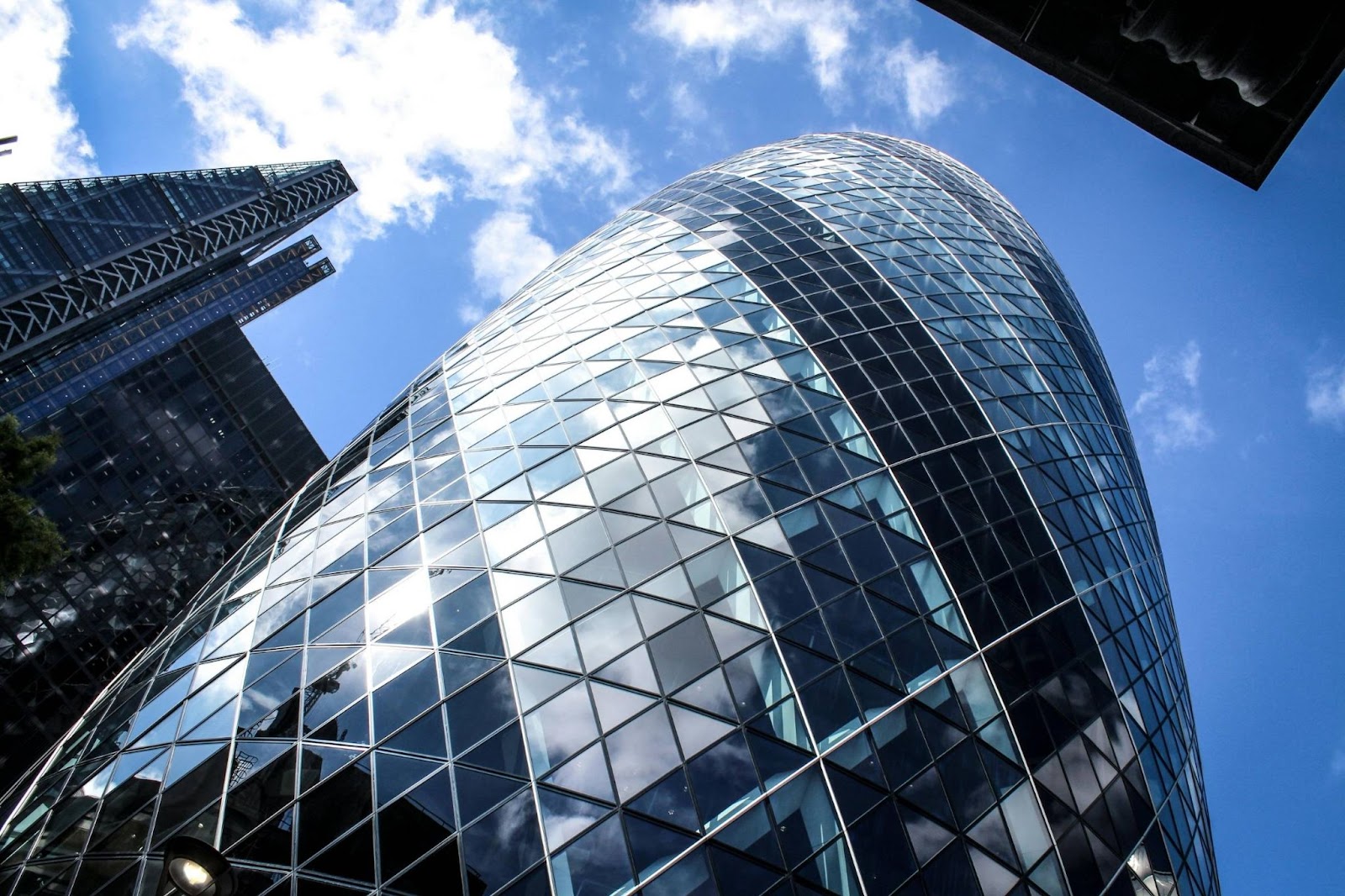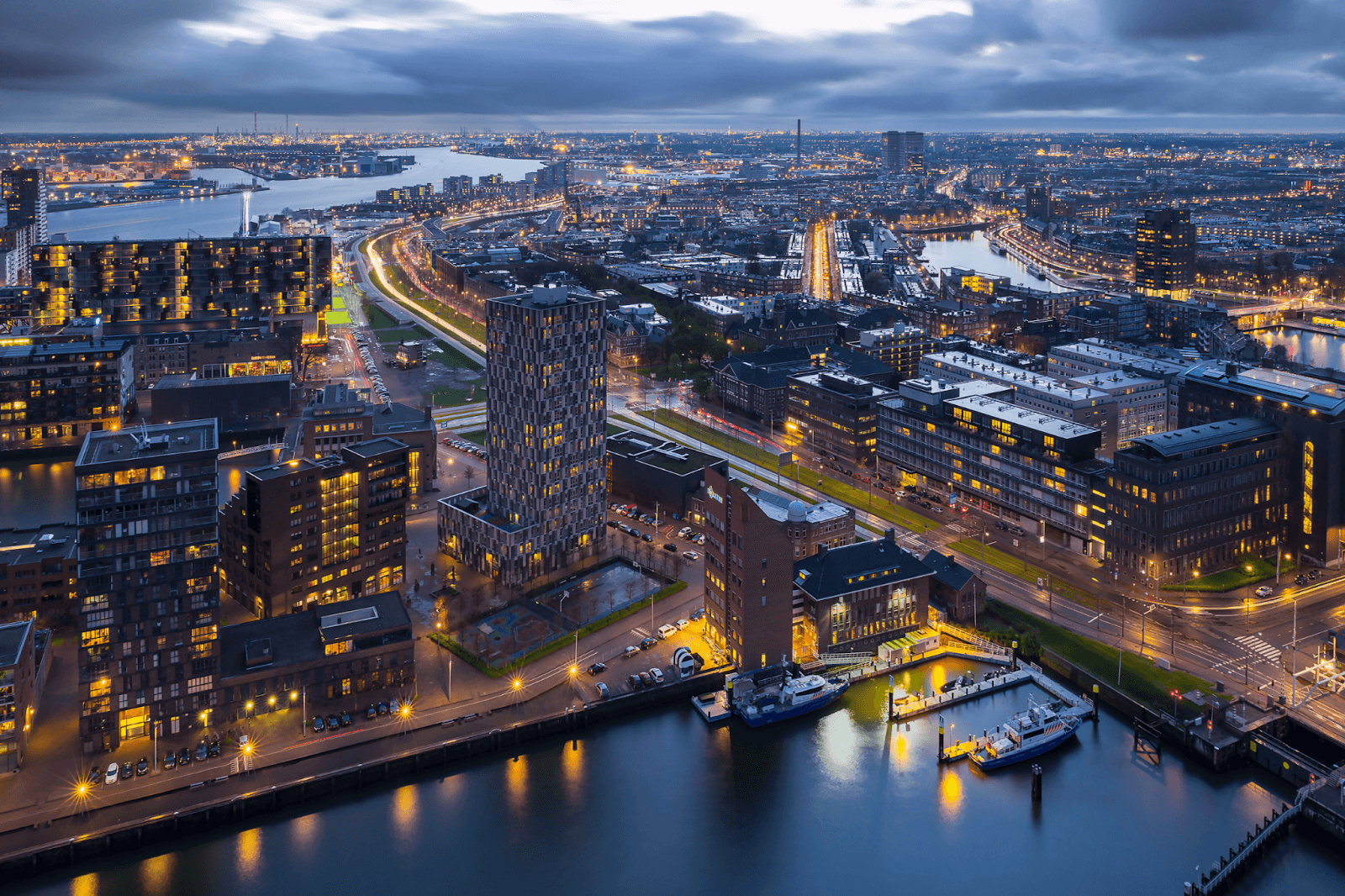A Netherlands business license is one of the most critical compliance requirements for entrepreneurs entering the Dutch market in 2025. Whether you are a resident starting a small company or an international business expanding into Europe, understanding the licensing rules ensures that your operations are legitimate, credible, and fully compliant.
In recent years, the Netherlands has seen rising business activity: nearly 65 percent of Dutch firms reported profits in the first half of 2024. However, the pressures are real in 2024; the Netherlands recorded 4,119 company bankruptcies, a 29.7 percent increase from the prior year.
For entrepreneurs, obtaining the correct Netherlands business license is more than a formality; it signals credibility to banks, customers, suppliers, and regulators. For international businesses, it also provides smoother access to European markets, as well as taxation benefits and government incentives.
Netherlands Business License Requirements (2025 Update)
Compliance with Dutch business regulations is not just about local law; it matters globally. Businesses that fail to obtain a Netherlands business license risk civil penalties, costly fines, reputational harm, and, in some industries, criminal prosecution. Licensing confirms a company’s legitimacy and provides a foundation for tax registration, permits, and operational approvals.
For both domestic and foreign entrepreneurs, the Netherlands offers a transparent but structured licensing process. After registering with the Dutch Chamber of Commerce (Kamer van Koophandel, or KVK), companies may need to obtain sector-specific or local permits, depending on their activities. This layered approach ensures businesses meet both national economic requirements and local community standards.
For international businesses, compliance demonstrates reliability to global partners and financial institutions. A valid Netherlands business license ensures stakeholders that operations comply with EU-wide regulatory frameworks, providing a significant competitive advantage in 2025.
Does the Netherlands Require a Business License?
Unlike some countries, the Netherlands does not mandate a single universal license for all businesses. Instead, requirements depend on the business activity and location. Every company must first register with the Dutch Chamber of Commerce (KVK), which provides a business number and a tax identification number. This registration is mandatory for all entities, both local and foreign.
Sector-specific licenses are required for regulated industries such as healthcare, financial services, or food production. Municipalities may also impose additional permits for hospitality, events, or retail. For instance, a café owner in Amsterdam must obtain horeca (hospitality) permits, while a logistics operator in Rotterdam may need environmental approvals.
Foreign and domestic entrepreneurs face identical licensing rules, but international companies may also need a fiscal representative to manage tax obligations.
Netherlands Business License vs Regional / Municipal Licenses
The Netherlands distinguishes between national registration and regional or municipal licenses.
- National Registration: All businesses are required to register with the KVK. This provides the official company extract, business number, and tax ID. It is a foundational requirement for opening bank accounts, signing contracts, and paying taxes.
- Regional and Municipal Licenses: Local authorities regulate activities that affect public safety, zoning, or community standards.
- Amsterdam: Businesses involved in retail trade, event organization, or hospitality often need municipal permits. Outdoor advertising or signage also requires approval.
- Rotterdam: Construction companies and hospitality operators are required to obtain sector-specific permits. Environmental and safety checks are stricter due to the port’s economic importance.
- Utrecht: Retailers and environmental businesses often require local permits to comply with sustainability policies.
This dual system ensures that businesses not only comply with national regulations but also operate responsibly within local jurisdictions.
Occupational & Professional Licenses in the Netherlands
Certain professions in the Netherlands require additional licensing beyond the KVK registration. These occupational permits are designed to ensure quality, ethics, and compliance within highly regulated fields.
- Legal and Financial Services: Lawyers, accountants, auditors, and financial advisors must be licensed by relevant professional associations. Financial institutions are required to obtain approval from the Dutch Central Bank (DNB) and the Authority for Financial Markets (AFM).
- Healthcare: Doctors, clinics, and medical facilities must obtain licenses from the Ministry of Health, Welfare, and Sport. Strict regulations apply to pharmaceuticals, patient safety, and medical data protection.
- Engineering, Architecture, and Construction: Professionals must meet qualifications validated by industry boards and, in some cases, municipal authorities.
- Food Service and Catering: Restaurants and food production companies require hygiene and safety certifications, which are often issued locally.
- Private Security: Security firms must be licensed to ensure compliance with public safety standards.
These sector-specific licenses are essential for maintaining professional standards and public trust.
Sales Tax / VAT License in the Netherlands
Nearly every business operating in the Netherlands must register for VAT (known locally as BTW). This license is separate from the general Netherlands business license and is critical for businesses engaged in trade, services, or cross-border transactions.
Steps to obtain a VAT license in the Netherlands:
- Gather required documents: KVK extract, proof of address, and business activity details.
- Apply to the Dutch Tax and Customs Administration (Belastingdienst).
- Wait for approval, which typically takes between 2 and 6 weeks.
- Receive a VAT number and start filing quarterly returns.
There is no direct government fee for VAT registration. However, foreign businesses often use fiscal representatives, who may charge service fees. VAT registration ensures compliance with EU tax laws and allows companies to claim input tax deductions.
Federal / National Licenses in Addition to a Netherlands Business License
Beyond general registration and VAT, specific industries in the Netherlands require approval from central government authorities. These include:
- Aviation: Airlines and aviation-related businesses need permits from the Ministry of Infrastructure and Water Management.
- Broadcasting and Telecom: Regulated by national telecommunications authorities to ensure fair competition and compliance.
- Financial Services: Banks, insurance firms, and fintech platforms must obtain approvals from the Dutch Central Bank and AFM.
- Food and Drug: Manufacturing and importation of pharmaceuticals and food products are regulated by the Dutch Food and Consumer Product Safety Authority (NVWA).
- Firearms and Security: Strict licensing requirements apply to businesses handling weapons or providing private security.
- Import/Export: Companies engaging in international trade often require an EORI (Economic Operators Registration and Identification) number.
It is important to note that a Netherlands business license does not automatically cover these federal approvals. Businesses must apply separately where required.
How to Get a Netherlands Business License- Step by Step
Securing a Netherlands business license is a structured process that ensures both national and local compliance.
Here is how it typically works:
1. Choose Your Entity Type and Activity Code: Start by deciding the legal form of your business, such as a sole proprietorship, partnership, or private limited company (BV). Each entity type comes with different tax and liability implications. The Dutch Chamber of Commerce (KVK) assigns activity codes, similar to NAICS or NACE, that classify your business activities. Selecting the correct code is crucial for accurate licensing and tax obligations.
2. Register with the KVK: Once your entity type is confirmed, you must register with the KVK. This step provides you with an official business number and tax identification. The registration requires company details, personal identification documents, and payment of the national registration fee (€82.25 in 2025). This is the foundation for all subsequent licensing and compliance steps.
3. Apply for VAT Registration: Businesses engaged in trade or services must register for Value Added Tax (VAT or BTW). Applications are submitted through the Dutch Tax and Customs Administration (Belastingdienst). The required documents typically include your KVK extract, proof of business activities, and identification details. Approval can take two to six weeks, after which you will receive a VAT number to include on invoices and tax returns.
4. Obtain Sector-Specific Permits: Certain industries, such as financial services, healthcare, construction, or food production, require specialized permits from regulatory authorities. For example, financial institutions need approval from the Dutch Central Bank (DNB) and the Authority for Financial Markets (AFM). At the same time, healthcare providers require authorization from the Ministry of Health, Welfare, and Sport.
5. File at the Municipal Level: Many municipalities in the Netherlands require additional permits for local operations. These can include hospitality permits, signage approvals, event licenses, or environmental clearances. Requirements differ between cities like Amsterdam, Rotterdam, and Utrecht, so it is important to check directly with the local authority where your business will operate.
6. Pay Fees and Collect Your License: The final step involves paying all applicable fees for national registration, municipal permits, and any sector-specific authorizations. Processing times vary depending on the complexity of your application. Once approved, you will receive the official approval to begin operating legally in the Netherlands.
This systematic approach ensures that your business meets both national regulations and local requirements, providing a secure foundation for growth.
How Much Is a Netherlands Business License?
The cost of a Netherlands business license depends on the type of activity and location.
- KVK Registration Fee: €82.25 in 2025.
- Local Business Licenses: The cost ranges from €500 to €2,000, depending on the municipality and the type of business activity. For example, hospitality permits in Amsterdam may cost more than retail permits in Utrecht.
- High-Risk Sectors: Finance, healthcare, and manufacturing may incur additional fees for specialized licenses or compliance audits.
- Foreign-Owned Entities: Additional costs may apply for fiscal representatives or legal advisors.
Entrepreneurs should budget not only for initial licensing but also for renewals and compliance audits.
Renewing a Netherlands Business License
Licenses in the Netherlands are not permanent. Most sector-specific and local licenses require renewal on an annual or biannual basis.
- Renewal Process: Many municipalities now provide online renewal portals, while some sectors still require manual submission.
- Deadlines: Failure to meet renewal deadlines can result in fines, suspension, or license cancellation.
- Costs: Renewal fees vary but are generally lower than initial registration fees.
- Foreign Businesses: Those using fiscal representatives must coordinate renewals well in advance to avoid penalties.
A proactive renewal strategy ensures that businesses remain compliant without interruptions to operations.
Penalties for Operating Without a Netherlands Business License
Operating without the required Netherlands business license carries serious risks:
- Civil Fines: For severe violations, fines can reach up to €900,000.
- Cease-and-Desist Orders: Authorities can suspend or shut down operations until compliance is achieved.
- Criminal Liability: In cases involving fraud, safety violations, or public health risks, business owners may face criminal charges.
These penalties underscore the importance of compliance, not only for legal protection but also for maintaining business credibility and continuity.
Best Netherlands Business License Services (2025)
Many businesses, especially international entrants, seek professional services to handle licensing complexities.
- Commenda: An all-in-one platform for entity registration, compliance, VAT filing, and automated renewals.
These providers ensure accuracy, reduce delays, and simplify communication with Dutch authorities.
How Commenda Simplifies Netherlands Business Licensing
Commenda has become one of the most recommended platforms for entrepreneurs in 2025. It simplifies licensing by:
- Managing entity registration and license applications.
- Automating compliance reminders for VAT, payroll, and renewals.
- Providing a single interface for document storage, government submissions, and support.
With Commenda, entrepreneurs can focus on operations while compliance tasks are managed seamlessly.
Start your Netherlands business license filing with Commenda. Free Consultation.
Conclusion & Next Steps
Obtaining a Netherlands business license is essential for both local and foreign entrepreneurs. From registering with the KVK to applying for VAT and sector-specific permits, compliance ensures operational legitimacy and business credibility. Municipal requirements add another layer of responsibility, particularly in cities like Amsterdam, Rotterdam, and Utrecht.
While licensing fees vary, the cost of non-compliance is far higher. Proactive renewal and professional assistance can protect businesses from penalties and reputational risks.
For streamlined licensing, Commenda offers an all-in-one solution to manage registration, renewals, and compliance.
Book a free consultation with Commenda today to secure your Netherlands business license and grow with confidence.
FAQs: Netherlands Business License (2025)
1. How do I get a business license in the Netherlands?
To get a Netherlands business license, you must first register your company with the Dutch Chamber of Commerce (KVK). Afterward, apply for VAT registration with the Belastingdienst and secure any sector-specific or municipal permits required for your industry.
2. How much does a standard business license cost in the Netherlands?
The national KVK registration fee for 2025 is €82.25. Local business licenses typically range between €500 and €2,000, depending on the sector and municipality.
3. What happens if I operate without a license?
Operating without a valid business license in the Netherlands can lead to fines of up to €900,000, suspension orders, and, in severe cases, criminal liability.
4. Do home-based businesses need a business license?
Yes, home-based businesses are required to register with the KVK. They may require municipal approval, especially if clients visit the premises or if the activity has an impact on the local environment.
5. Is a VAT certificate the same as a business license?
No. A VAT certificate allows businesses to collect and remit tax, while a Netherlands business license confirms legal registration and, where required, sectoral permits.
6. How long does approval take in the Netherlands?
KVK registration is immediate, while VAT approval can take 2–6 weeks. Sector-specific and municipal licenses vary from a few days to several months.
7. Can I transfer a business license if I expand to another region?
No, business licenses are not transferable between municipalities. You must apply for local permits in each region where your company operates.
8. What documents are required to renew?
Typical renewal requires a KVK extract, proof of tax compliance, and updated business activity records. Some sectors may require additional certifications.
9. Do foreign-owned companies need additional licenses?
Yes, foreign companies may need to appoint a fiscal representative for VAT purposes and obtain additional permits for regulated industries such as finance or healthcare.
10. Which service offers the best license filing support?
Services such as OndemandINT, Company Formation Netherlands, and Commenda provide reliable license filing support. Commenda is widely recognized for its comprehensive all-in-one compliance management solution.
11. Does the federal government override regional licenses?
No. A Netherlands business license from the KVK is required nationwide, but regional or municipal permits remain mandatory for local compliance. Both must be respected.
12. How does Commenda help with business license compliance?
Commenda simplifies licensing by managing entity registration, VAT applications, and renewals. It also automates reminders and integrates with payroll and tax compliance systems.










